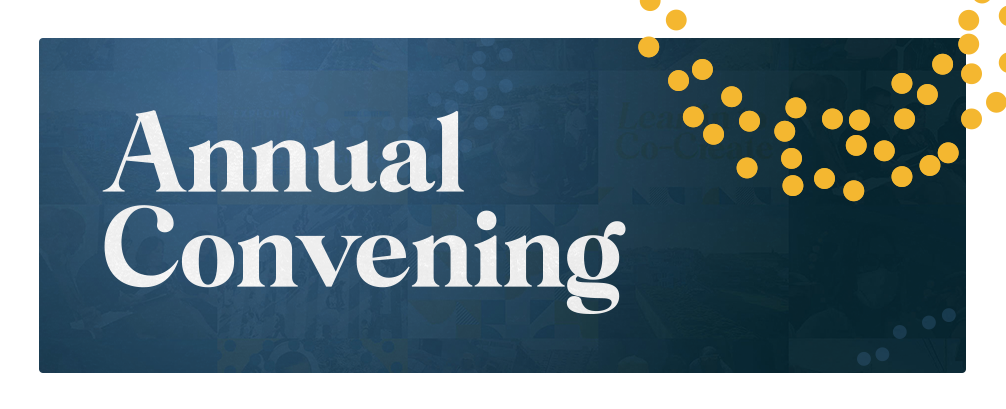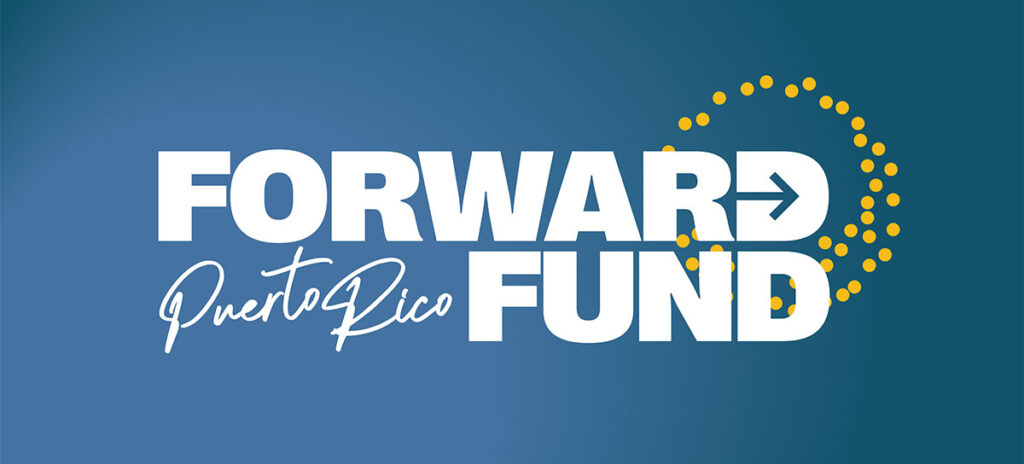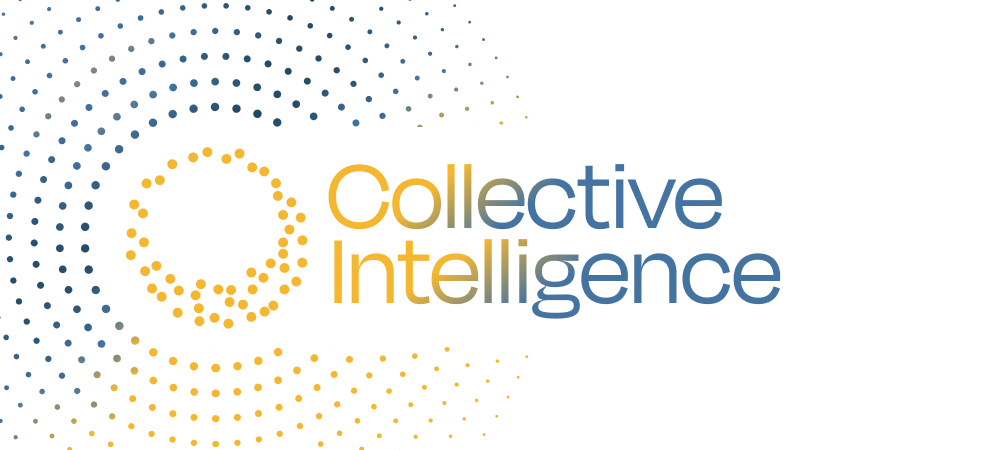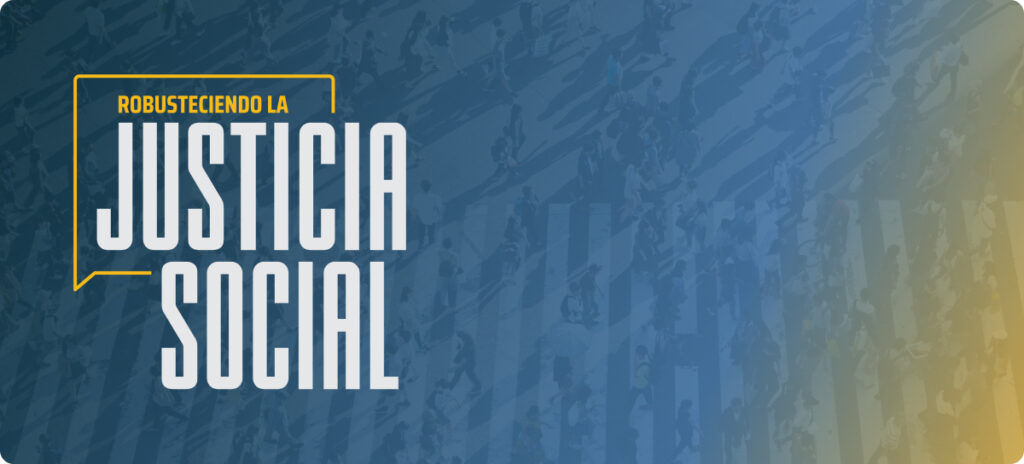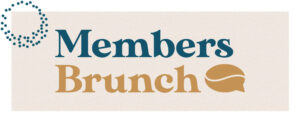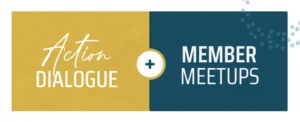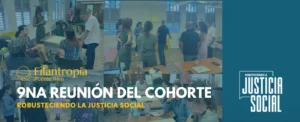FiPR News Segundo Brunch de Membresía de 2024...
Read MoreRobusteciendo la Justicia Social
Self-assessments & their impact on the Third Sector
- December 28, 2021
A key component of the Robusteciendo la Justicia Social project is the self-diagnostics that participants must perform in order to better understand their organizations’ weaknesses, needs and opportunities. With this knowledge, this cohort will begin three years of grant deployment to develop & improve their organizations.
Following Ford Foundation’s Organizational Mapping Tool (OMT), facilitators, Kenia Colón and Maia Sherwood, gathered as many members from each organization as possible and guided them through discussions on each of these topics:
- Mission & Strategy
- Programming
- Learning & Evaluation
- Advocacy
- Field Engagement
- Network Leadership
- External Communications
- Governance
- Financial Management
- Fundraising & Donor Relations
- Administration
- Human Resources
- Safety & Security
- Organizational Culture
- Executive Leadership
At the end of the self-assessment facilitation, participants had to reach a consensus on the top three priorities for each organization. The output of these discussions is confidential for each nonprofit to use as a guide to draw future plans.
We spoke to Kenia to learn insights about the process and its impact.
What’s the importance of these self-assessments?
Nonprofits don’t have the time or space for organizational self-reflection that is holistic, honest and that allows them to ask difficult, yet pertinent, questions. Creating this space was very important for their evolutionary processes.
Additionally, it was important for the staff’s honest and sincere opinions on the functioning of each organization to be listened to by its directors.
What’s the impact of OMTs?
Organizations will launch themselves to provide a service, fulfill a task or run a project without spending the time or resources to design a structure to support all that. Self-reflection is important for nonprofits to develop sustainable scaffolding that goes beyond a fund proposal and which allows them to maximize their impact and garner more support and economic backing.
Insights gained from facilitating these sessions
- Growth processes are tough. We must have the courage to truly be in a position to listen to what we’re doing well, and not so well
- We are a reflection of the organizations we work for, how these structures support us and how we influence what happens within them.
- The role of the facilitator can turn into that of a mediator as one must create the space and encourage people to express their perspectives for the benefit of the process.

